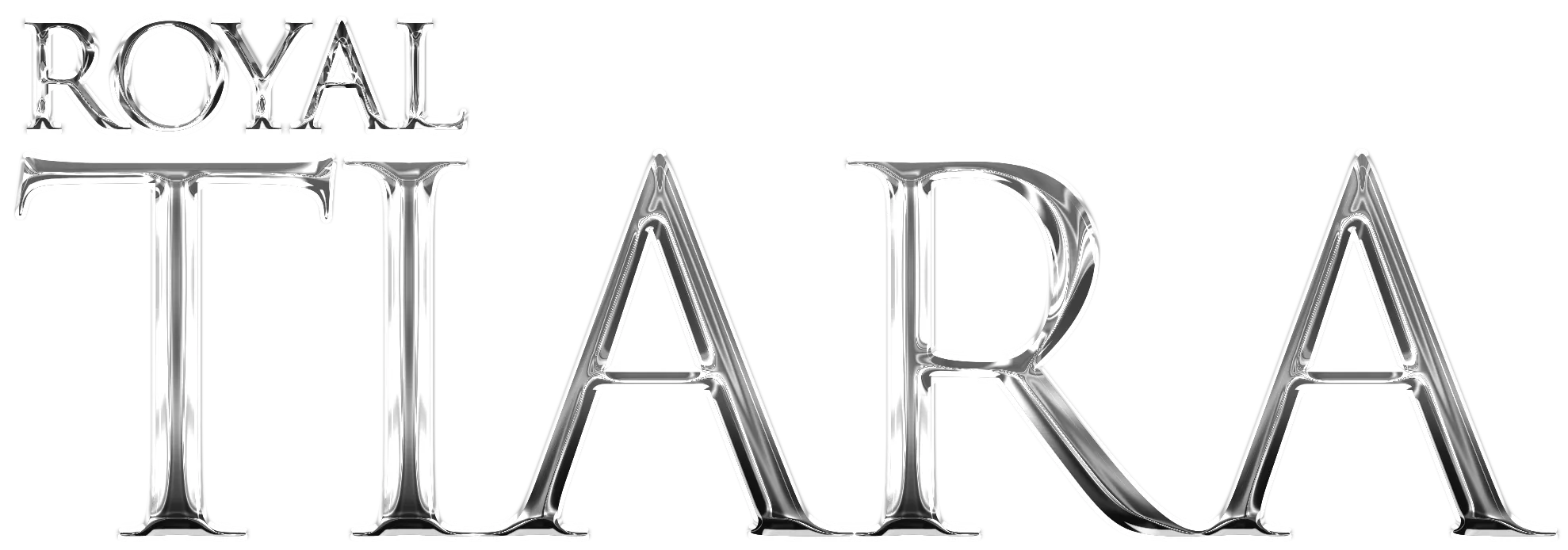Foreign Ownership Laws in the UAE Real Estate Market
By Royal Tiara Real Estate Brokers
The UAE continues to be one of the most attractive destinations for property investors worldwide. From luxurious beachfront residences to high-yield rental apartments, the market offers strong potential — especially for foreign buyers. But before you invest, it is essential to understand how the laws work, where foreigners can buy, and what processes are involved.
Can Foreigners Buy Property in the UAE?
Yes — but only in designated zones. Each emirate sets its own property ownership laws, so the rules differ depending on location.
Foreign ownership is typically available in two main forms:
- Freehold – Full ownership of the property and the land without time limits.
- Leasehold – Long-term lease (up to 99 years), but no ownership of the land itself.
Other ownership structures include:
- Usufruct – Right to use a property for up to 99 years without altering it.
- Musataha – Right to build or develop on land owned by someone else, usually for 50 years, renewable.
Dubai Foreign Ownership Rules
Dubai was the first emirate to open its real estate market to foreigners and remains the most flexible.
Designated Freehold Areas in Dubai Include:
- Palm Jumeirah
- Downtown Dubai
- Dubai Marina
- Business Bay
- Jumeirah Village Circle (JVC)
In these zones, foreign buyers enjoy 100% ownership rights with no need for a local partner. Dubai currently offers over 40 freehold communities catering to different lifestyles and budgets.
What You Can Buy in Dubai:
- Apartments
- Villas
- Townhouses
- Commercial Spaces
- Land (in select freehold zones)
Buying Process in Dubai:
- Appoint a RERA-licensed real estate agent.
- Sign a Memorandum of Understanding (MoU) with agreed terms.
- Obtain a No Objection Certificate (NOC) from the developer.
- Register the property with the Dubai Land Department (DLD).
- Pay applicable fees:
- 4% DLD transfer fee
- AED 580 admin fee
- Trustee fees (if applicable)
Pro Tip: Always verify ownership through the DLD before transferring funds to avoid fraud.
Abu Dhabi Foreign Ownership Rules
Abu Dhabi has recently modernized its laws to attract more foreign investors.
Ownership Types in Abu Dhabi:
- Freehold (in designated investment zones)
- Usufruct – Up to 99 years
- Musataha – Up to 50 years, renewable
- Long-term lease – Minimum 25 years
Key Investment Zones in Abu Dhabi:
- Yas Island
- Saadiyat Island
- Reem Island
- Al Raha Beach
- Masdar City
- Al Reef
- Al Maryah Island
- Nurai Island
All property transactions are overseen by the Department of Municipalities and Transport (DMT) via the Abu Dhabi Real Estate Centre (ADREC) and registered through the TAMM portal.
Residence Visas Through Property Ownership
Owning property in the UAE can also open the door to residency.
Visa Options:
- 2-Year Investor Visa – Minimum property value of AED 750,000.
- 10-Year Golden Visa – Minimum property value of AED 2 million (can be one or multiple properties).
If the property is mortgaged, at least 50% of its value or AED 750,000 (whichever is higher) must be paid to qualify.
Benefits:
- Sponsor your spouse and children.
- Renewable as long as you own the property.
- No income or property taxes.
Common Pitfalls to Avoid
- Overpaying – Always compare recent sales and market prices.
- Hidden Fees – Work only with RERA-licensed agents and get all fees in writing.
- Ownership Confusion – Confirm if the property is freehold or leasehold before committing.
- Skipping Legal Checks – Engage a local real estate lawyer to review your contract.
Final Thoughts
The UAE property market offers tax benefits, high rental yields, and robust legal protections, making it a prime choice for global investors. However, understanding ownership types, working with licensed professionals, and focusing on freehold zones are key to a safe and profitable investment.












